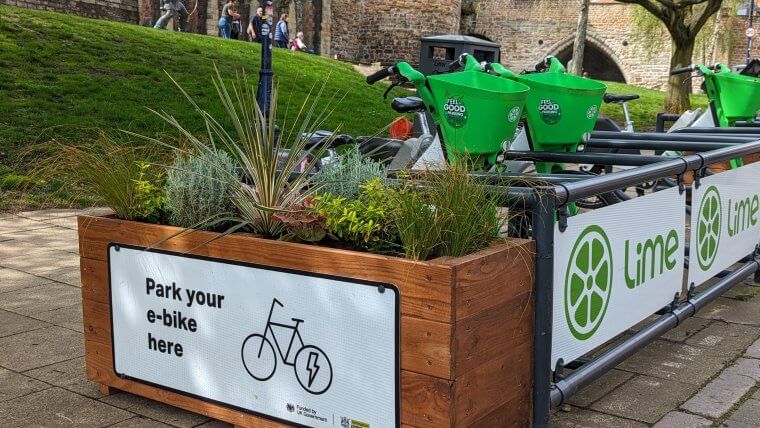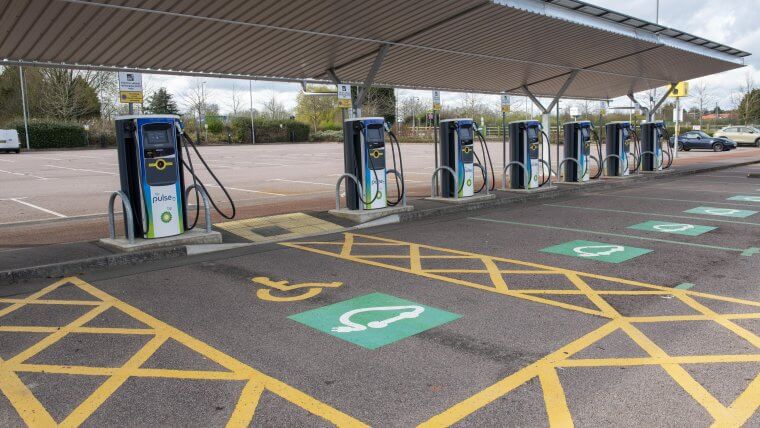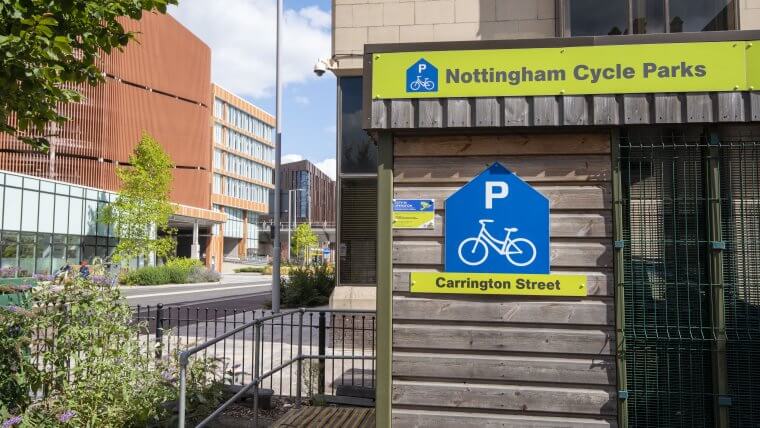12 June

Trying an electric bike, going car-free and planting trees are among a series of pledges made by Nottingham City Councillors to mark Clean Air Day on Thursday, June 21.
Several councillors will be visiting their local schools at drop off times to promote a ‘don’t be idle’ message – encouraging drivers to turn off their engines while they wait.
We may not be able to see it, but air pollution is real and harms the health of thousands of people in Nottingham every year. It’s a national problem, but there are lots of little things we can all do to help clean up the air we share.
It could be as simple as walking or cycling to school, making sure you don’t leave the car engine running, or using public transport – it all helps.
Co-ordinated by UK behaviour change environmental charity, Global Action Plan, National Clean Air Day shows what everyone can do to make a positive difference on air quality, protecting themselves and others.
The council is encouraging people to share what they’re doing for Clean Air Day on Twitter using #CleanAirDay and #PollutionFreeNotts
Tim Baggs, who works in Nottingham city centre, will be comparing different ways of getting into work every day this week. He said: “I hope that by blogging about each day’s journey I may be able to persuade people who commute by car to seriously consider if they can travel in a different, more environmentally-friendly way.” You can see how it goes on his blog.
And last Sunday (June 17), members of Sherwood Methodist Church walked, cycled or used public transport to go to church, rather than use the car.
Find out more about what the City Council is doing – and what you could do – on our blog.
For more information about clean air and the effect is has on our health, visit www.cleanairday.org.uk
How is the council tackling this issue?
The health of our citizens is a priority, and the City Council has been committed to improving air quality for some time. As transport is one of the largest contributors to air pollution, a number of initiatives have focused on greener, cleaner travel.
This has included developing one of the largest all-electric park and ride bus fleets in the country, expanding the successful tram network and converting the council’s fleet to ultra-low emission vehicles – the first electric bin lorries are set to hit the streets later this year.
The council’s Go Ultra Low programme is leading the way encouraging the uptake of ultra-low emission vehicles, and is currently installing a public network of 230 charge points in Nottingham, Derby and Nottinghamshire.
In addition, the council has invested in improved cycling infrastructure, published a new Taxi Strategy and enforces a city-wide Smoke Control Order which prevents harmful emissions to our atmosphere.





